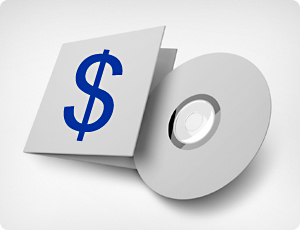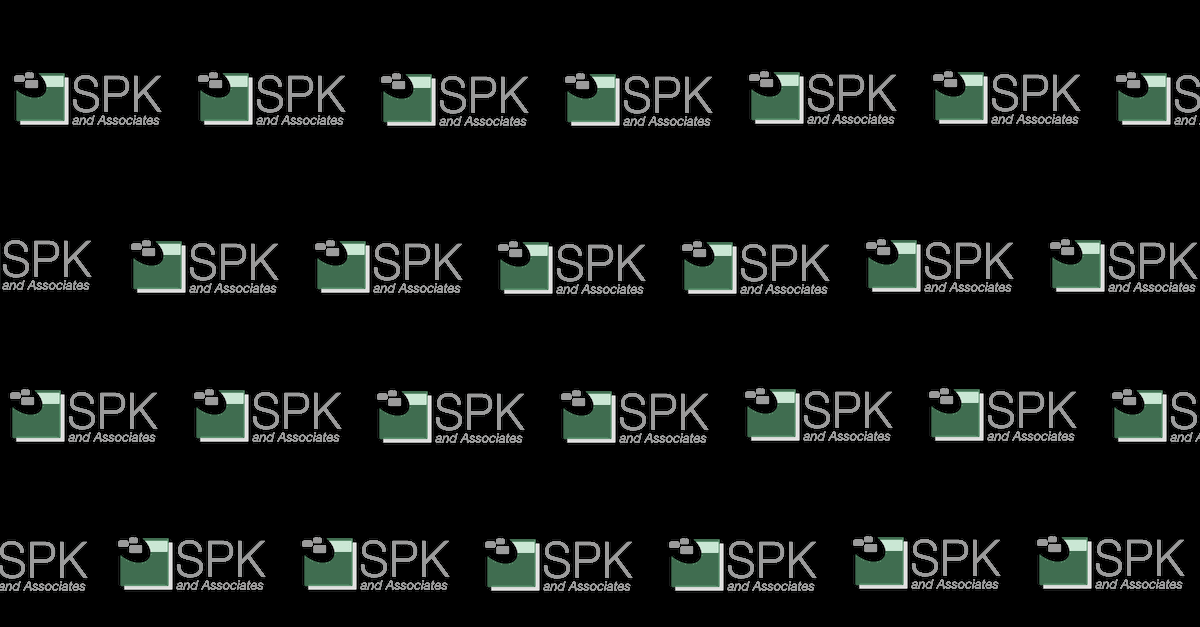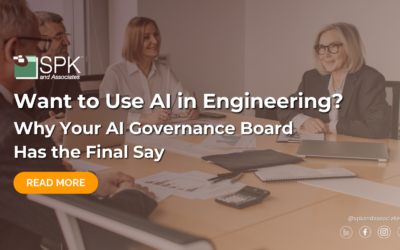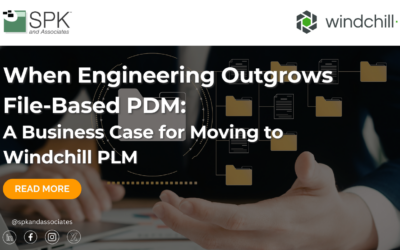 Unfortunately, it is all too common for companies to overspend on their software licensing. It can be easily done, especially if licensing is handled in an ad-hoc or de-centralized manner. A license is need by one part of the business and so a bundle of licenses is bought. In another part of the business, the same software is needed but the licenses are bought separately and from a different budget. The end results are superfluous licenses that can cost a company hundreds of thousands of dollars per year in wasted expense.
Unfortunately, it is all too common for companies to overspend on their software licensing. It can be easily done, especially if licensing is handled in an ad-hoc or de-centralized manner. A license is need by one part of the business and so a bundle of licenses is bought. In another part of the business, the same software is needed but the licenses are bought separately and from a different budget. The end results are superfluous licenses that can cost a company hundreds of thousands of dollars per year in wasted expense.
The same is also true when two different software packages are used to perform the same job. One part of the business uses one application and another part of the business uses another. The results in overlap and wastage.
Unless a proper audit is conducted by those familiar with software licensing and with the functionality and role of different types of software, then companies — both large and small — can easily be over paying for software.
There are three key questions to ask to verify application licensing costs.
- Do you really need the software license in question? It is too easy to keep paying a license (or to pay for a bigger license) which you no longer need.
- Do you actually use the application which you are licensing? As products change and as business patterns change your software licensing needs to change with it, maybe there are some applications which you no longer use.
- Do you have another software package that does the same thing?
Once these basic usage questions have been asked, there are still a variety of ways to save money on licensing. For example; some companies offer floating license which determine how many instances of the applications can be run at once. This can often be cheaper than buying a per-seat license.
It is also worth considering the use of software as a service (SaaS) as the bulk licensing options can often be more cost effective than traditional server/seat based licensing. Also for non-critical systems, it is worth considering replacing commercial components with open-source alternatives.
Another area which can also contribute to over expenditure on application licensing is virtualization. Some software packages have different licenses depending if the software is running a virtual machine or one a physical machine. Also the number of CPUs in the physical or virtual machine can impact the license costs.
Using a consultancy or outsourcing company that is familiar with systems integration and the complexities of software licensing can save your company money in the short term. Using outsourcing services to manage your IT infrastructure, and implement strategies such as SaaS, virtualization or by moving to the cloud, can also save money in the long term.
Next Steps:
- Contact SPK and Associates to see how we can help your organization with our ALM, PLM, and Engineering Tools Support services.
- Read our White Papers & Case Studies for examples of how SPK leverages technology to advance engineering and business for our clients.







